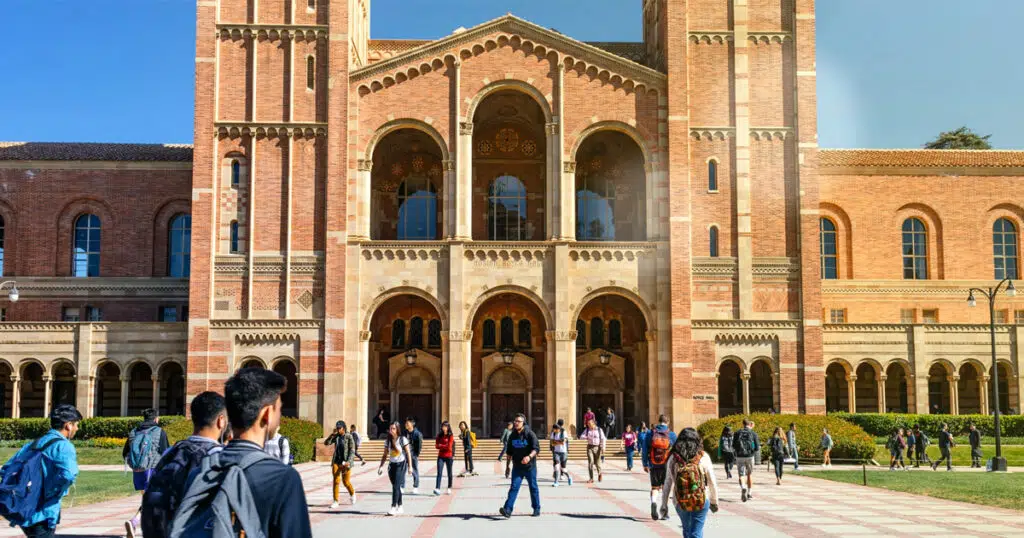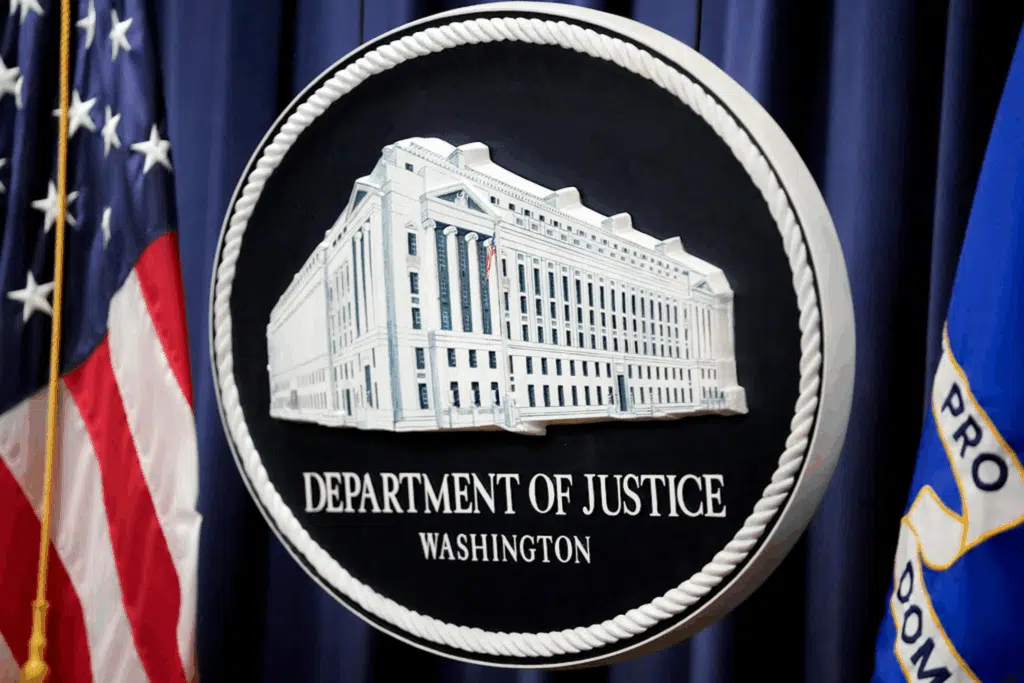
Univ. of California May Hire Undocumented Students to Defy Federal Law
The University of California is considering a proposal to hire immigrant students not allowed to legally work in the United States, a direct violation of a 1986 federal law that bars hiring immigrants without legal status.
A wide group of UC students and scholars throughout the country are urging the UC system’s challenge to the workplace restrictions by implementing a unique legal argument that the law in question does not apply to states.
It’s estimated one out of every five of the nation’s college students without legal authorization live in California.
If such a challenge were allowed to go forward and ultimately ended up successful, the assumed change in law could impact
thousands of young immigrants often called “DACA kids,” a reference to the Deferred Action for Childhood Arrivals program implemented by President Barak Obama, which granted work permits and protection from deportation to certain youths who were brought to the United States as children and are in the country without legal status.
The future of the DACA program is uncertain, since the Trump administration attempted to end the program five years ago, but a court ruling limited the government to only granting DACA renewals — not accepting new applications — which has shut out a an entire new generation of applicants.
An estimated 100,000 immigrant youth graduated from high school without legal status or DACA benefits. That includes about 27,000 youths in California.
About 44,000 students without enrollment in the DACA program attend California colleges, which means many are prohibited from entering the labor market.
“At the University of California, students who cannot access DACA are being systematically denied opportunities afforded to their classmates, including employment opportunities that would enhance the research, education, and public service mission of the university,” nine UCLA students and scholars wrote to UC President Michael V. Drake in a letter released last week. “This unfair treatment of our undocumented students must end, and the University has legal authority to end it.”
Richard Leib, chair of the UC Board of Regents, told the LA Times he was intrigued by the innovative legal proposal, especially because such noted constitutional scholars as Erwin Chemerinsky, dean of UC Berkeley‘s School of Law, are supporting it.
“It’s a brand-new novel idea and of course I would love to do it if feasible,” Leib said in an interview. “But I want to review it closely so it doesn’t have any unintended consequences and doesn’t end up hurting our undocumented students.”
The federal law doesn’t mention states anywhere, said Astghik Hairapetian, a lawyer and law fellow for the UCLA immigration law center.
Hairapetian and other scholars assert states have broad power to determine the appropriate qualifications for state positions, including immigration status.
A memo signed by 28 immigration and constitutional scholars argues that before the federal Immigration and Control Act was enacted, the U.S. Supreme Court established that if Congress wants to change the balance between federal and state power by regulating an area under traditional state control, it must do so with unmistakably clear language.
“I think they’ll be very, very cautious about it,” said Maria Blanco, who recently stepped down as head of the UC Immigrant Legal Services Center. “That doesn’t mean it’s not a strong legal argument. It’s really going to be a political issue: Are we going to get sued? They’ll have to make a calculation about whether the threat of litigation outweighs the benefit to students.”
The UC system said in a statement last week that hiring DACA students “would be a departure from past practice by the University, as it would for most employers.”
But the statement also adde: “The University of California has long been committed to supporting our undocumented students…These are complex issues that deserve careful and thoughtful review. We have received the proposal and are in the process of determining the appropriate next steps for its consideration.”



